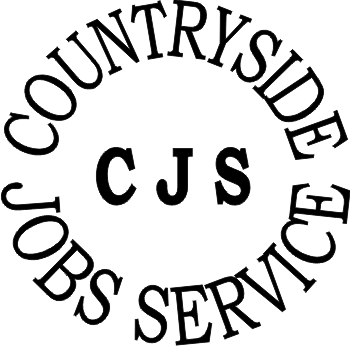Bats and the Law
what is illegal?
In England, Scotland
and Wales the law protecting bats is considerably stricter than it is for most
other animals. All bat species have been for some time protected
under schedule
5 of the Wildlife & Countryside
Act 1981. however since 2007 the effective protection for bats now comes
from Schedule 2 of the Conservation
(Natural Habitats &c)
Regulations 1994, which defines "European
protected species of animals". Changes to legislation,
and devolution, mean the law is difficult to summarise succinctly
across the UK, but the strong legal protection for bats and roosts remains.
It is an offence across the UK to:
- deliberately (or recklessly
in Scotland) capture, injure or kill a bat
- deliberately (or recklessly
in Scotland) disturb in a way that would (significantly in England, Wales
and Scotland) affect their local distribution or abundance, or affect
their ability to survive, breed or rear young
- damage or destroy a bat roost
(this is an ‘absolute’ offence)
- possess, control, transport,
sell, exchange or offer for sale/exchange any live or dead bat or any
part of a bat
In addition, in Northern Ireland it is an offence to:
- deliberately disturb a bat at a roost
- deliberately
obstruct access to a roost
In Scotland it is an offence to:
- deliberately
or recklessly harass a bat, or disturb a bat at a roost
- deliberately
or recklessly obstruct access to a roost
In England and Wales it is an
offence under the Wildlife & Countryside
Act 1981 (as amended) to:
- intentionally or recklessly disturb a
bat at a roost
- intentionally or recklessly obstruct access to a
roost
'deliberately' in this context may be interpreted
as someone who, although not intending to capture/injure or kill a bat, performed
the relevant action, being sufficiently informed and aware of the consequence
his/her action will most likely have.
In this interpretation, a bat roost
is "any structure
or place which any wild [bat]...uses for shelter or protection".
Because bats tend to reuse the same roosts, legal opinion is that the roost
is protected whether or not the bats are present at the time.
There are defences in the law that allow what would
otherwise be prohibited acts.
- Injured or disabled bats may be taken and possessed in
order to look after them, with the sole purpose of releasing them once
they are no longer disabled
- Mercy killing is permitted where there is no reasonable hope of recovery (provided that person did not cause the injury in the first place - in which case the illegal act has already taken place).
Formerly, killing, injuring, taking or disturbing bats or damaging,
destroying or obstructing roosts were not offences if these were the
incidental result of a lawful operation and could not have reasonably been
avoided. However, since 2007 in most cases this exemption no longer
has effect. So
if you think you need to do this you will need professional advice before
you do anything that might affect bats or their roosts, even if it is in
a house.
If in doubt, contact the police or the Statutory
Nature Conservation Organisation (SNCO) and allow a reasonable
time to advise on whether the proposed action should be carried out and,
if so, the method to be used. The SNCOs are Natural
England, Scottish Natural
Heritage and the Countryside
Council for Wales. Different laws apply in Northern Ireland but they
have a similar effect to the above. The SNCO for NI is the Environment
and Heritage Service (Northern Ireland).
So what this means, is that if you intend to do any works which
might affect bats or their roosts, such as work to old trees or in roofspaces,
you must by law consult with Natural England or the other relevant body.
In the UK it is legal to handle a bat, or any other protected
animal, without a licence for humane reasons only - this includes rescuing them
from cats, and taking them to a vet or person who is experienced in dealing
with injured bats. The bat must be released at the earliest possible opportunity
in the area where it was found. It is illegal to keep a healthy bat in captivity
without a licence. If you do pick up an apparently healthy bat - either from
a cat directly, or perhaps one that is on the ground, - keep it in a cool dark
box until dusk, then put it out somewhere out of the cat's reach, and let it
fly off in its own time. Do not, under any circumstances, throw a bat in the
air to make it fly - there are sad stories of people doing this only to find
the poor bat was so disorientated that it crashes straight to the ground and
breaks a wing.
To find out more visit the
Bat Conservation Trust from whom most of the above information comes.
